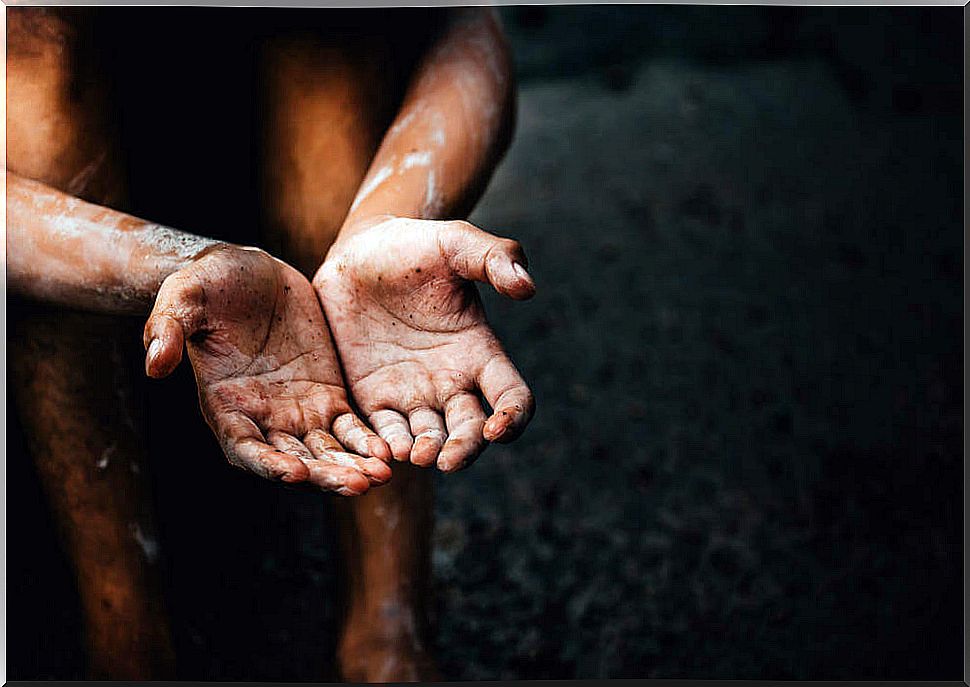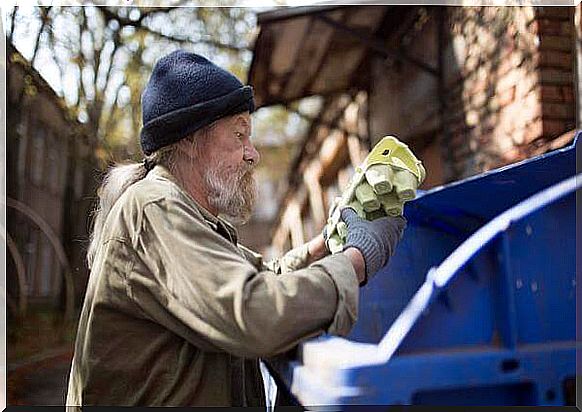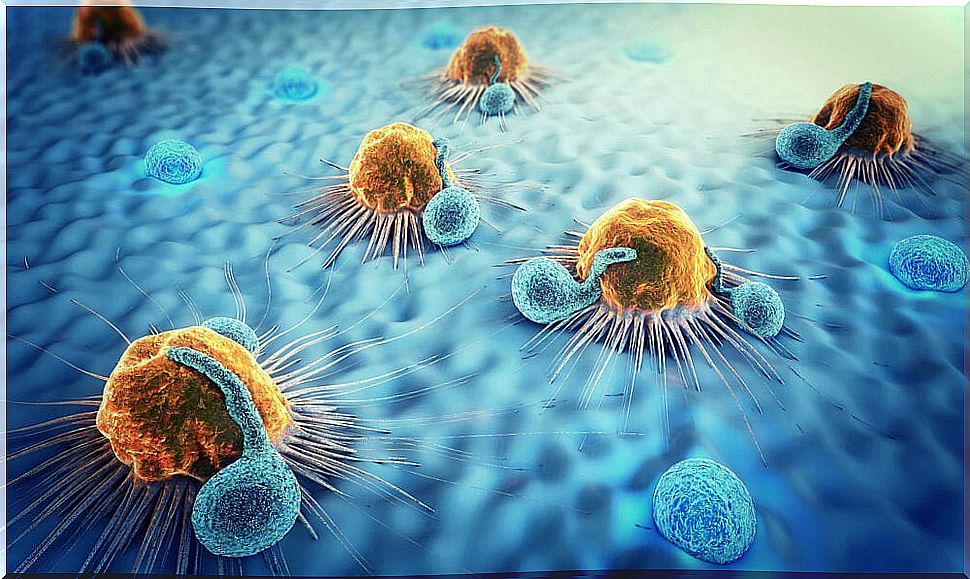Relationship Between Poverty And Fatal Diseases
Poverty is one of the main problems in society. In this article we discover that lack of food is not the only reason that links poverty and death.

Poverty and deadly diseases are much more closely related than we might think. Especially since in certain countries having little money can limit access to healthcare.
Although in Spain there is social security and all citizens can access public health, this does not happen in all parts of the world.
However, money is not the only glue that binds poverty and deadly diseases. There is another reason. A poor diet, consuming products in poor condition or contaminated if they are collected from the garbage are other aspects that must be taken into account.
What does the World Health Organization say?

The World Health Organization (WHO) affirms that poverty takes many lives and not only in those countries where the most needy reside. We are talking about poverty in the cities.
A poverty that affects men, women and children. The latter, according to Save the Children, have a high chance of dying before the age of 5, due to the conditions in which they are born and the inability of their parents to provide them with what they need to be healthy.
It is not difficult to see people rummaging through the garbage, whose numbers increased when the crisis struck. Nor is it difficult to discover people sleeping on the street, trying to find a warm place to take refuge.
Poverty claims many lives due to the situation in which the people who suffer it find themselves every day. Their quality of life drops drastically, they can no longer afford to eat an adequate diet and their immune system breaks down.
All this added to what we mentioned at the beginning forms the perfect cocktail for fatal diseases.
More related than it seems
Poverty goes hand in hand with certain deadly diseases. Although in Spain, for example, access to public health, what happens when the person who is poor heals but returns to the condition of life they have to live? Get sick again.
This is because the problem lies in the living conditions you have. We are going to discover some deadly diseases related to poverty that will shed more light on this topic.
Cancer

Although cancer affects many people regardless of their economic situation, it is necessary to know that a person with cancer who lives on the street will have a worse situation to recover.
This person will be cold and hungry every time they are out of the hospital. Cancer is a disease that often requires chemotherapy or radiation therapy in some cases. This lowers the defenses, the body is weakened and if the situation is not favorable, the person will hardly be able to fight this hard disease.
Infectious diseases
Infectious diseases can also kill people who are homeless or poor. A lower respiratory infection can include bronchitis, flu, or pneumonia.
Although we can sometimes underestimate these diseases, for a person with limited economic resources they can be fatal.
Cardiovascular diseases

The last of the types of fatal diseases that we are going to deal with refer to cardiovascular diseases. Here we can find cerebrovascular accidents, hypertension, heart disease or heart attacks.
Poverty and fatal diseases in children

Children are a large risk group, especially before the age of 5, as we have seen previously. If children are not born in a suitable environment that provides them with a non-deprived diet, they can die prematurely.
Sometimes many women have problems in the delivery itself. However, others have complications during pregnancy. Many times, the lives of mothers and babies are in real danger due to poverty.
The deadly diseases that can affect children the most are lower respiratory infections, diarrheal diseases or neonatal disorders. Being born prematurely or underweight can increase your risks.
Did you know about this relationship between poverty and deadly diseases?









